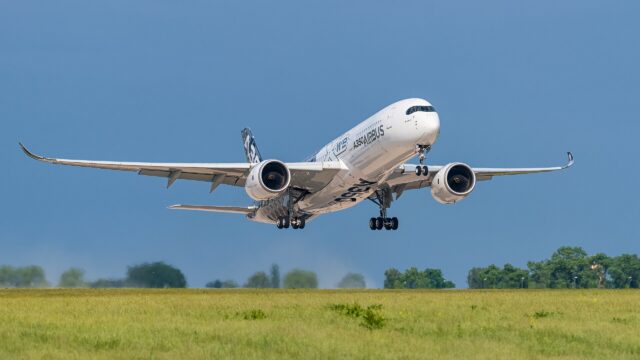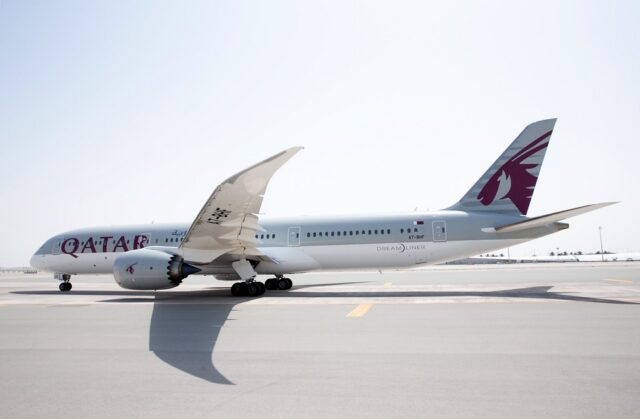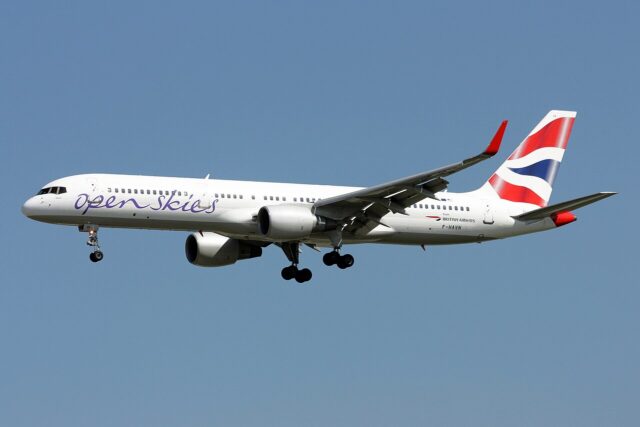
Uber has announced it will open an advanced technology research centre in Paris to focus on Uber Elevate.
The Uber Elevate programme launched in 2016 and is working on a network of all-electric, vertical takeoff and landing (VTOL) aircraft.
Eric Allison, Uber’s Head of Aviation Programs, says: “We’ve realised that to create efficient cities with less congestion and cleaner air, we also need to look to the sky. And as we continue to build a mobility platform for everyone, we know we must invest in AI and machine learning.”
Uber already has advanced technology offices in Pittsburgh, Toronto and San Francisco, where it also has an AI Lab. The centre in Paris will be the company’s first outside North America.
€20 million investment
Over the next five years, Uber is pledging to invest €20 million into developing new technologies and capabilities to move its vision forward.
Allison said: “This begins with building artificial intelligence and airspace management systems to support uberAIR at scale, which will be key to achieving our goal of demonstration flights in Dallas, Los Angeles, and a third, international city by 2020.”
The centre will open this autumn and will be looking to hire top engineering, machine learning, and computer vision talent, Uber says. Research will focus on capabilities across airspace management, autonomy, real-time communication networks, energy storage and charging systems.
To meet future energy demands, ATCP will also work with European city planners and regulators to model infrastructure needs for electrified transportation.
New collaboration
Uber has also announced a research partnership with École polytechnique (l’X) and a commitment to appoint the first International Academic and Research Chair of Integrated Urban Mobility.
The Chair will collaborate with the new technology centre on research across artificial intelligence, aviation and all-electric transport. Initial projects will include: machine learning-based transport demand modelling, high-density low-altitude air traffic management simulations, integration of innovative airspace transport solutions with European aviation regulators such as EASA, and the development of smart grids to support future fleets of electric transport on the ground and in the air.
Allison said: “Delivering on our bold aspirations for the future will require working together with the best and brightest minds. As an institution at the cutting-edge of science and technology we are excited to work with École polytechnique to take urban mobility forward. Together we’ll work towards a future where anyone can get a flight at the push of a button.”
Enjoyed this post? Subscribe to our weekly newsletter.
















